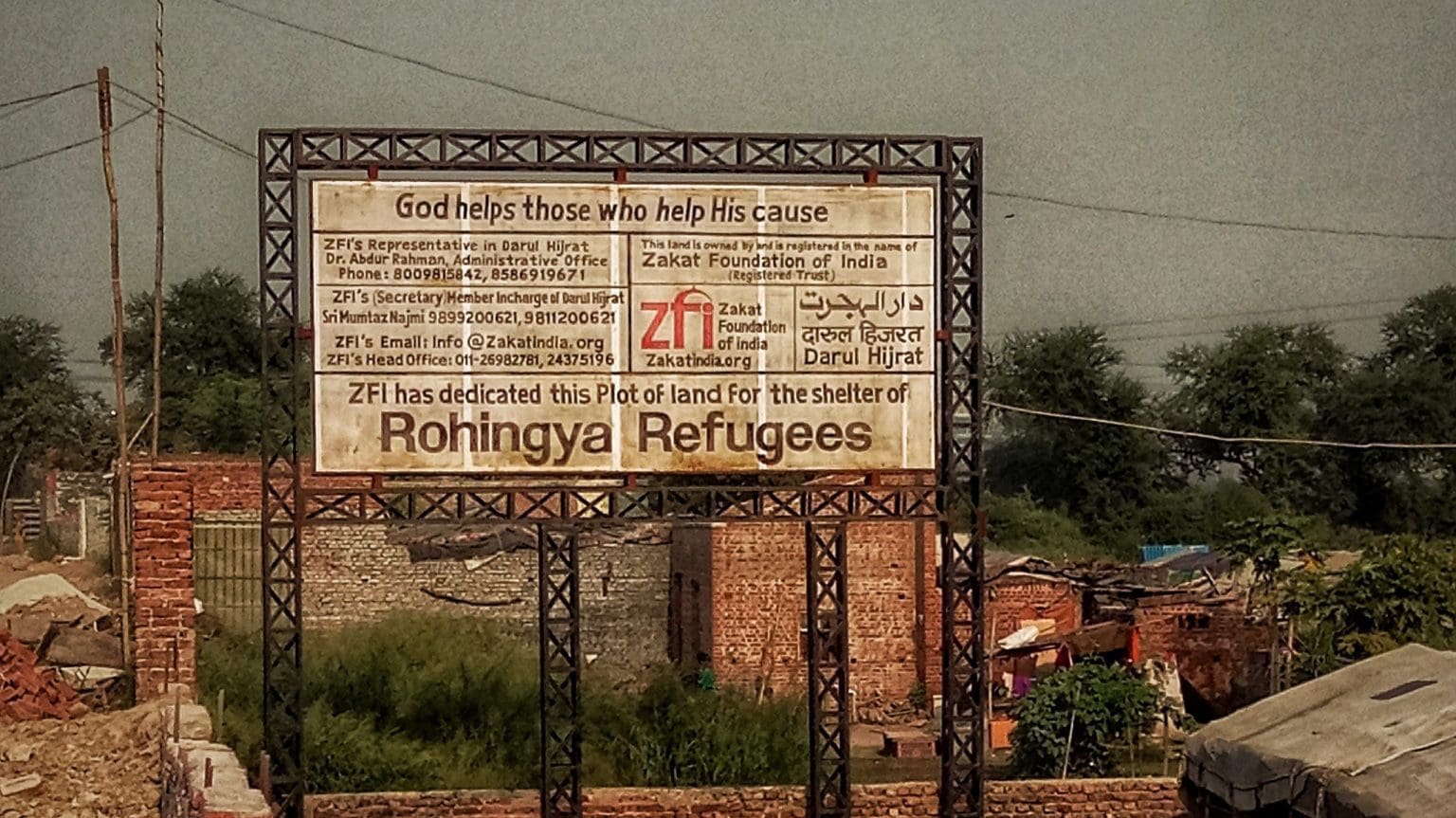
By Fazal Abdali
Oa February 24, a police crackdown swept across the Shaheen Bagh Rohingya settlement in New Delhi, sending waves of panic through the community. It emerged that law enforcement officials were rounding up Rohingya refugees without explanation, forcibly taking them to police stations for biometric verification. What initially appeared to be a bureaucratic exercise soon revealed itself as an operation designed to intimidate and dehumanise an already extremely vulnerable population.
Rohingya refugees recounted how they were subjected to racial slurs, threats of deportation, and coercion to comply with a verification process that had no legal explanation.
This pattern of arbitrary enforcement extended beyond the Shaheen Bagh settlement in Delhi. Distress calls from multiple settlements across Delhi highlighted the indiscriminate nature of the crackdown. The authorities forced many refugees into compliance, made them sign documents in languages they didn’t understand, and took them to undisclosed locations without legal representation. The actions of the authorities violate multiple constitutional rights.
Under Article 21 of the Indian Constitution, every individual—irrespective of nationality—is guaranteed the right to life and personal liberty, including protection against arbitrary detention and coercion. Article 14 further ensures equality before the law, making the discriminatory targeting of Rohingya refugees legally indefensible. The Bhartiya Nagarik Suraksha Sanhita (BNSS), 2023, explicitly states that no individual can be detained or summoned without written notice—yet this provision was blatantly disregarded. Additionally, the Supreme Court’s landmark ruling in Puttaswamy (2017) reinforced the right to privacy by prohibiting the unauthorised collection of biometric data without proper legal safeguards. The police’s actions in forcibly collecting biometric data from Rohingya refugees without prior notification violate both national and international human rights laws.
The verification drive did not conclude with a single round of biometric registration. Multiple reports from across Delhi indicate that Rohingya families continue to face relentless police harassment. Police stations repeatedly summon refugees under vague pretexts, detaining them without any legal justification. Landlords, fearing legal repercussions, have begun evicting Rohingya tenants, forcing many into homelessness in Kanchan Kunj, Delhi. These punitive actions serve no other purpose than to destabilise an already persecuted community, exposing them to further economic and social precarity.
This story was originally published in maktoobmedia.com. Read the full story here.

